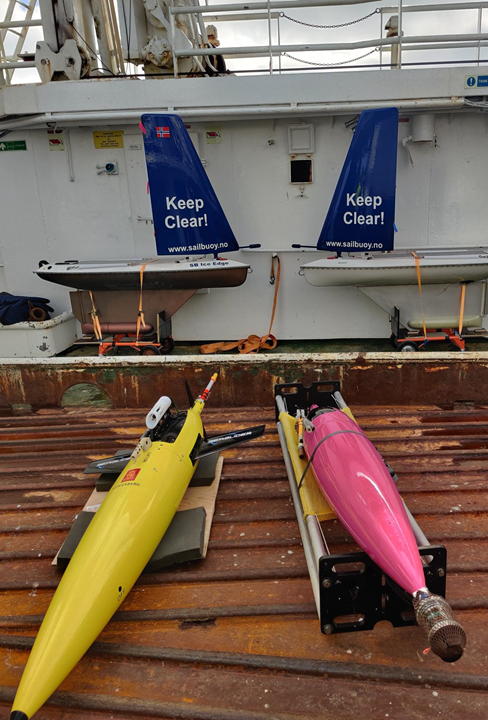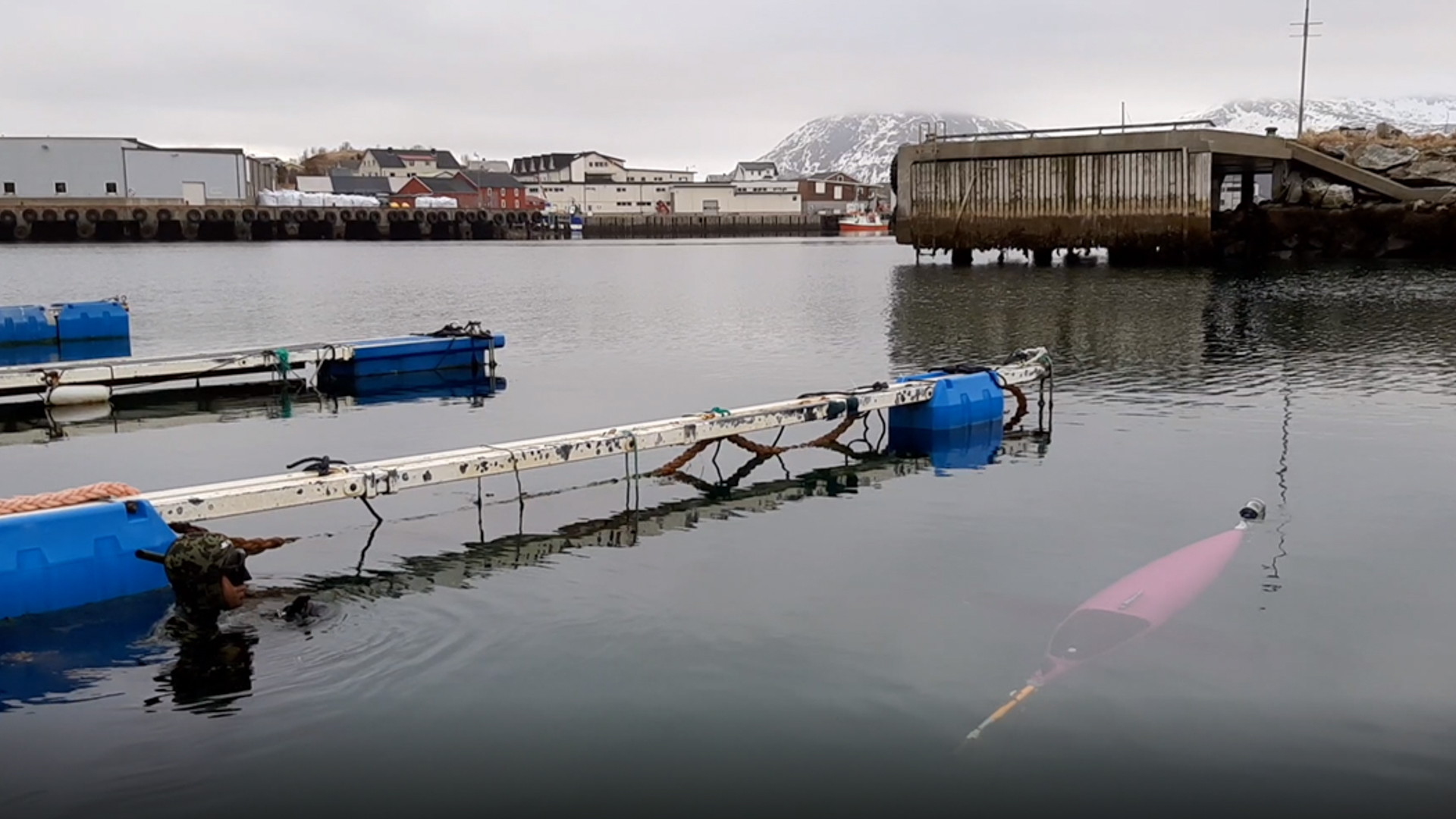The Nordic sea and, more precisely, the Lofoten Vesterålen (LoVe) region is a very dynamic environment with high biological value. This area is also of prime interest to develop the blue economy. With the importance of fisheries, offshore energy, aquaculture, shipping, and the rise of tourism, the area is prone to increased anthropogenic pressure that could damage the ecosystem.
To ensure environmental quality and sustainable management, more knowledge is needed in LoVe region. Long-term in situ monitoring programs already exist there, the LoVe Ocean Observatory of Equinor (https://love.equinor.com/). It consists of an underwater observatory system that employs crawler and stationary platforms to study ecological processes in the deep sea.


To complement this initiative, Akvaplan lead the GLIDER project in which they deployed 3 unmanned autonomous glider vehicles equipped with a range of sensors for the observation of meteorological, oceanographic, biological and chemical parameters. The objective of this mission was to get a better understanding of the ecosystem during the spawning period of the Atlantic cod.
This GLIDER project proved that gliders equipped with sensors observing biological parameters in conjunction with fixed moorings, have a strong potential to surveil places where small scale observation are decisive, like for example in the Lofoten region.

